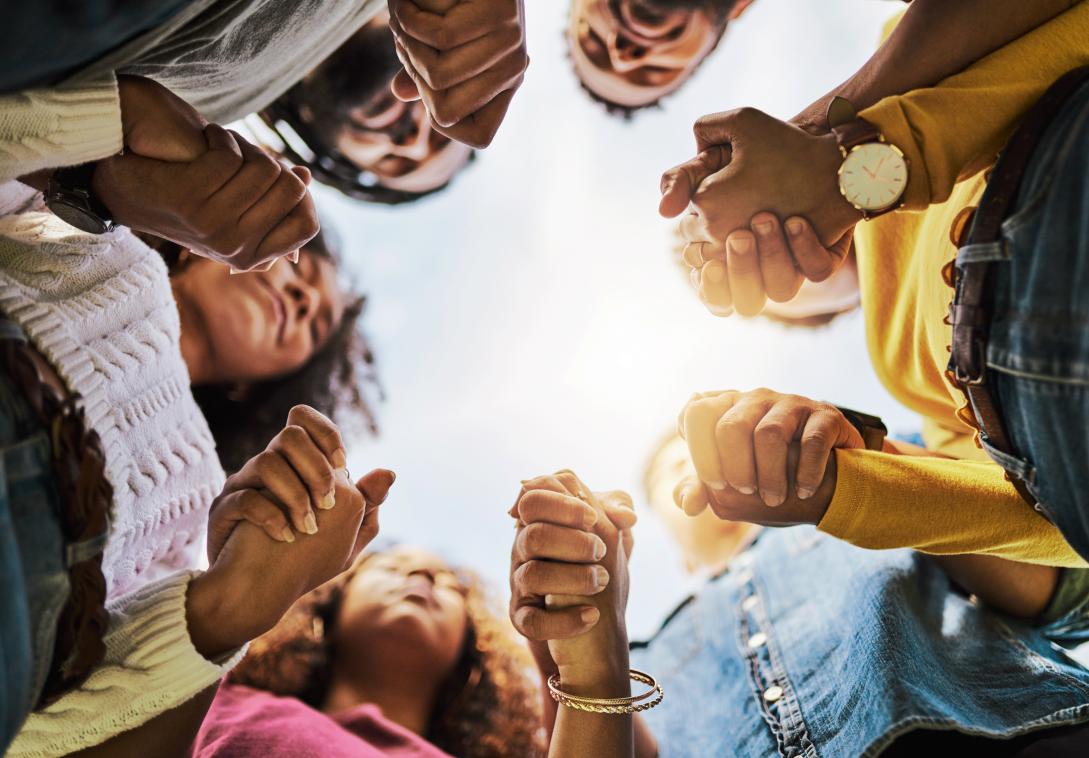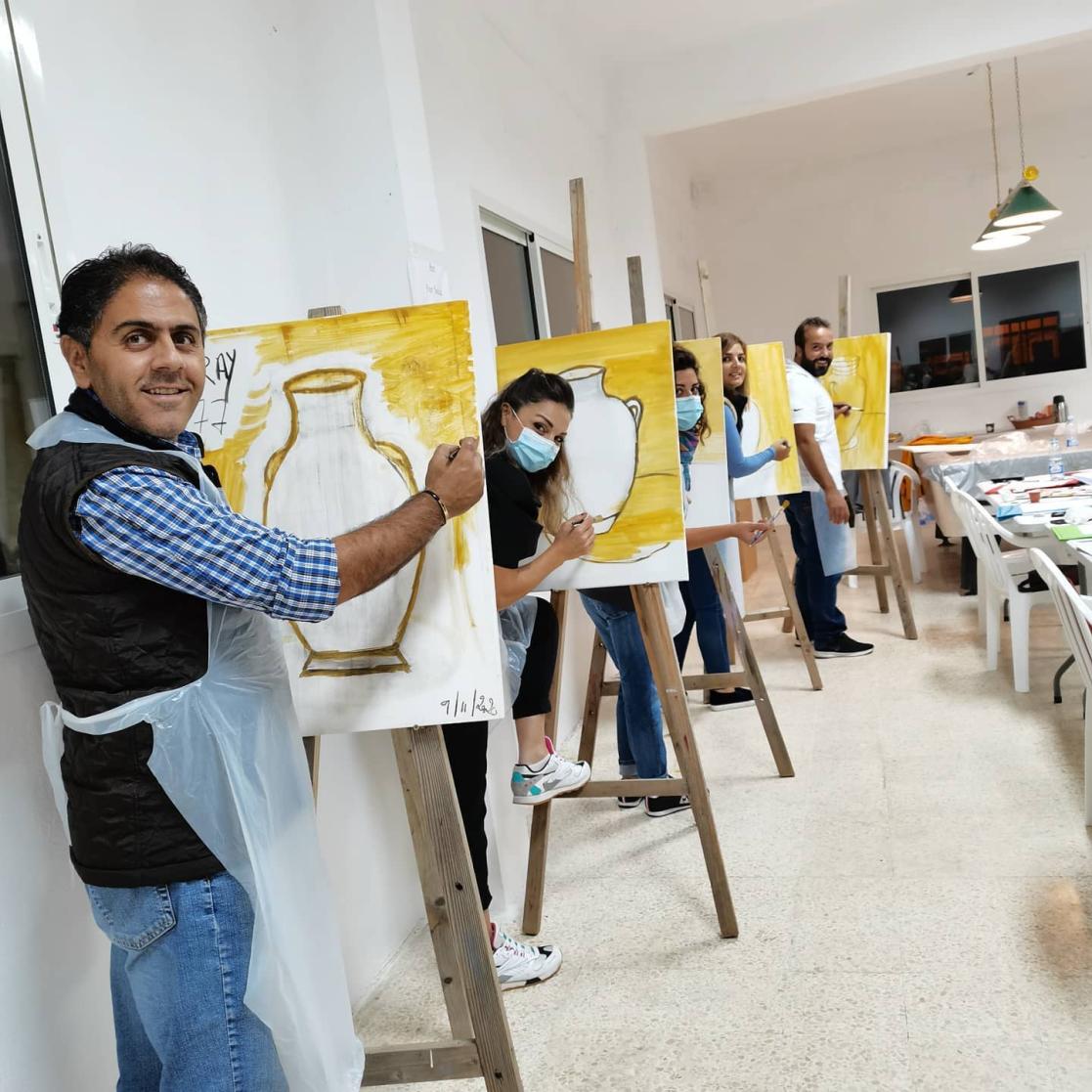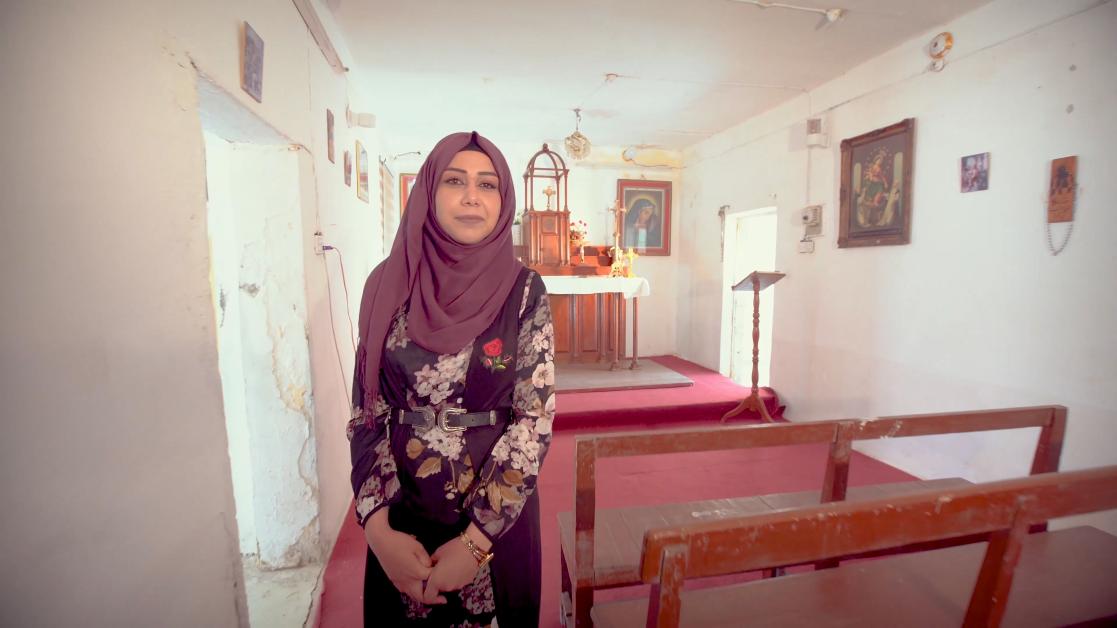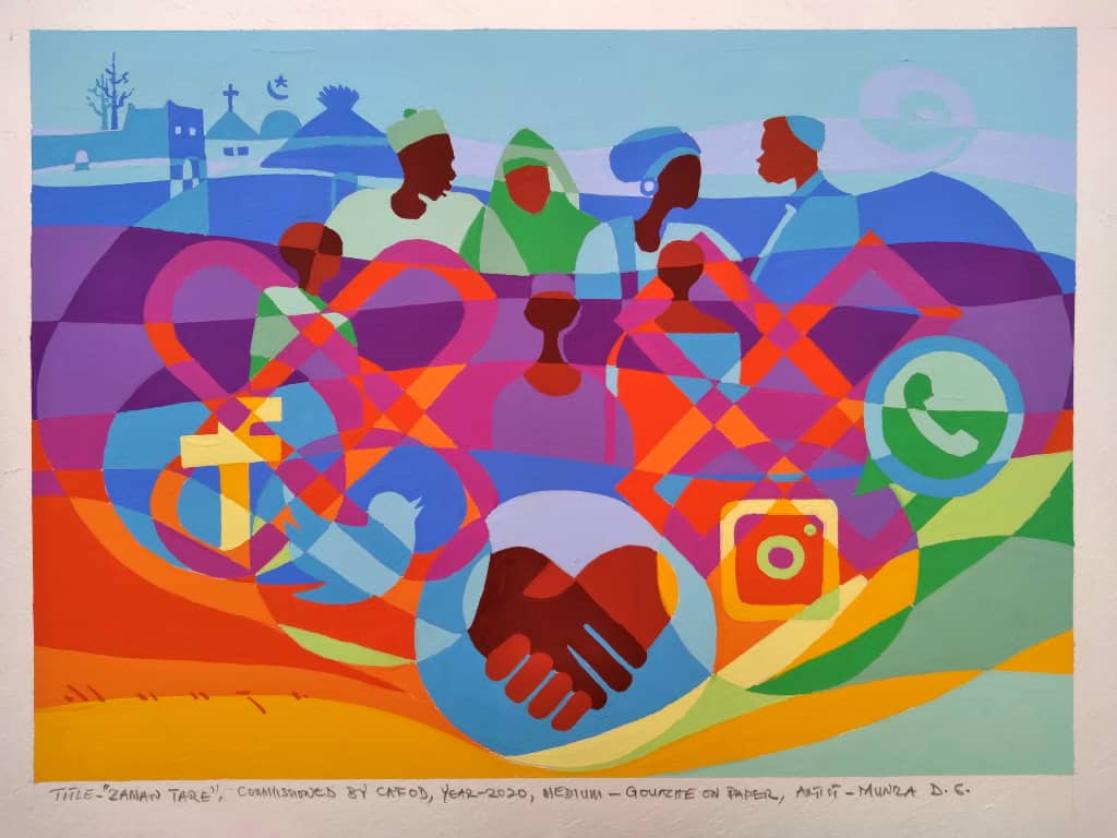Freedom of religion or belief: a human right

Article 18 of the Universal Declaration of Human Rights states: “Everyone has the right to freedom of thought, conscience and religion; this right includes freedom to change his religion or belief, and freedom, either alone or in community with others and in public or private, to manifest his religion or belief in teaching, practice, worship and observance.”
Over the past year, the EU carried out several actions to promote and protect this right. For example, it raised its concerns of violations in around 20 human rights dialogues with partner countries.
The EU protects and promotes freedom of religion or belief in all circumstances. We speak out against persecution and we include victims of religious harassment in peace-building, conflict resolution and transitional justice processes. We will continue to provide emergency support for human rights defenders, in particular those that defend freedom of religion or belief including through our ProtectDefenders.eu mechanism.
Josep Borrell, the EU’s High Representative
The EU is behind various projects across the world, which promote cultural and religious pluralism, networking, capacity building and training programmes.
In Iraq, Syria and Lebanon, an EU-funded project trained and supported more than 300 young people to create and carry out their own dialogue initiatives. These reached thousands of people in the three countries. The activities showed the power of culture and arts to bring young people together. Activities such as music, pantomime, or painting, helped young people to connect, psychologically address traumas due to conflicts, and understand that “learning to live together” is necessary for peace.

Also in Iraq, the re-opening of Diyala Church was made possible thanks to a 25-year-old Muslim woman. Equipped with her knowledge, network, and a grant from this same EU project, the young woman restored and reopened the Diyala Church to the local Christian community. Today, 15 years after being destroyed and left in ruins, the Church is conducting baptisms, weddings, and other religious functions again.

In Niger and Nigeria, the EU-funded project Zaman Tare, that ended earlier this year, supported the development of cultural and artistic material on tolerance and respect for cultural and religious pluralism by local artists, as well as the organisation of community-based art exhibitions and training of journalists on media neutrality and impartiality. Intercultural and interreligious conferences were also held under the project, bringing together civil society organisations, religious leaders, government actors, target community representatives, academics, students and artists; school personnel were trained on cultural and religious pluralism; and cartoons were used in Niger to support children’s learning on tolerance.

The project activities showed concrete impact, with incidences of violence drastically reducing in both countries, which meant more peaceful communities. In Nigeria, there have been no outbreaks of violence within target communities since the project started. In Niger, advocacy work has contributed towards the passing of a new law on religious worship in June 2019, a major achievement.
Cultural diversity, human rights and fundamental freedoms are intertwined – and they are all necessary ingredients for open, tolerant, and respectful societies.
The EU is committed to prevent inter-faith violence, and to promote interfaith dialogue. Some other initiatives include the civil society-based Global exchange on religion in society (GERIS) which facilitates the exchange of positive examples of inter-religious and non-faith coexistence. It aims to connect civil society actors from all around the world (whether faith-based or of more secular orientation) who are working on faith and social inclusion. With 175 participants, the GERIS network is composed of community-based actors, representatives of civil society organisations, religious-inspired actors, experts, and academics as well as journalists and media practitioners, from 55 countries. During two years of face-to-face and virtual activities, the GERIS network members explored and deepened the “religion in society approach” to generate more attention to these complex challenges and to highlight creative solutions that are being applied worldwide at local level.

This year, we celebrate the 30th anniversary of the 1992 UN Declaration on the Rights of Persons Belonging to National or Ethnic, Religious and Linguistic Minorities. Josep Borrell used this opportunity to stress the importance of multilateralism too: “[…] action in multilateral fora is essential. The EU continues to promote freedom of religion or belief within the United Nations and other international organisations. The EU will support and engage actively with the recently appointed UN Special Rapporteur.”
At a time where discrimination and violence based on religion or belief are increasing, renewed international commitment to freedom of religion or belief remains vital.
“Today our message is simple and clear: Every person should be guaranteed their right to have, not to have, to choose or change, to practice and manifest a religion or belief and to be free from discrimination and coercion. Victims of persecution and discrimination must not be silenced and those responsible must be held accountable,” declared Josep Borrell.





